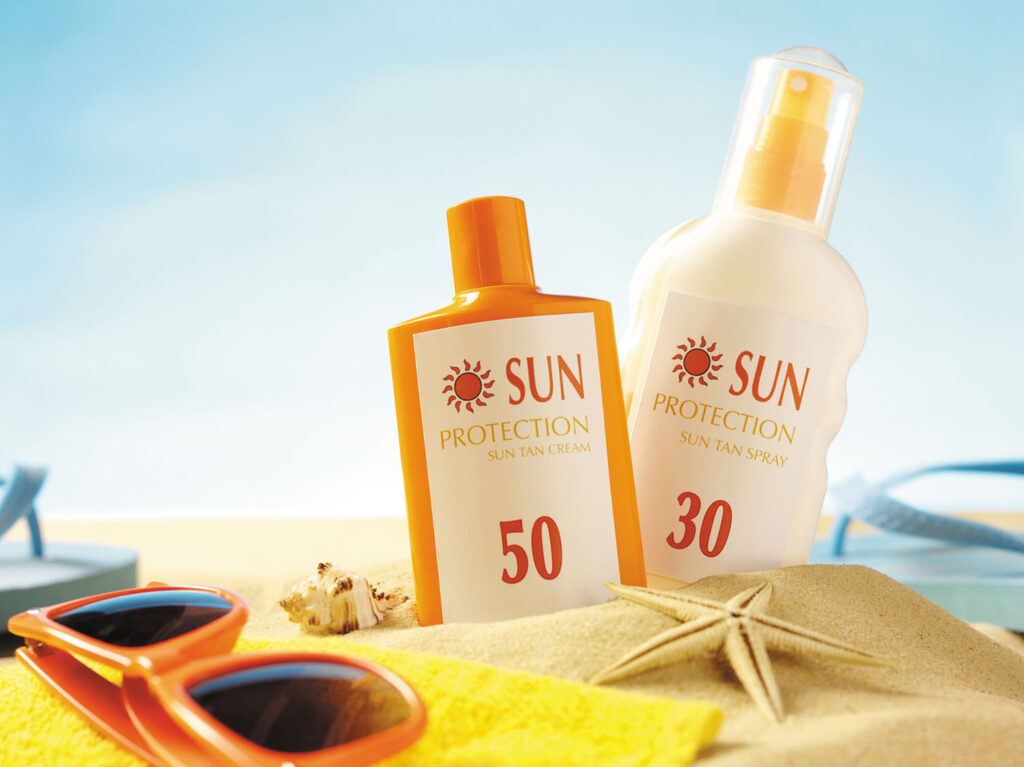October 30, 2023
Sunscreen, a crucial defense against the sun’s harmful ultraviolet (UV) rays, has long been a staple in skincare routines worldwide. Its role in preventing skin cancer and premature aging is well-documented. However, recent concerns about certain chemicals found in sunscreens have stirred a debate about their safety.
A 2019 study raised alarms, indicating that some sunscreen chemicals could seep into the bloodstream, surpassing FDA guidelines. Additionally, in 2021, several spray-style sunscreens and after-sun products in the U.S. were recalled due to the presence of benzene, a known carcinogen. These revelations prompted many to question the safety of their go-to sun protection products.
Despite these concerns, dermatologists emphasize the vital role of sunscreen in shielding the skin from UVA and UVB rays. These rays are linked to skin cancer and premature aging. Experts argue that the benefits of using sunscreen, particularly mineral-based options containing titanium dioxide or zinc oxide, far outweigh the potential risks associated with certain chemicals.

Mineral-based sunscreens, also known as physical sunscreens, create a protective barrier on the skin’s surface, reflecting and scattering UV rays. This mechanism makes them a safer choice for those worried about chemical absorption. Dermatologists recommend lotion-based sunscreens over sprays, ensuring proper and even application for optimal protection.
While the debate continues, experts agree that the key is informed decision-making. Understanding the ingredients and choosing sunscreens with minerals as active components can mitigate potential risks. Regular application, especially during prolonged sun exposure, remains crucial in safeguarding skin health.
While the safety of certain sunscreen chemicals is under scrutiny, experts maintain that the daily use of sunscreen is paramount. Protecting the skin from harmful UV rays significantly reduces the risk of skin cancer and premature aging. By opting for mineral-based lotions containing titanium dioxide or zinc oxide, individuals can strike a balance between skin protection and safety.
Resources:
1.https://health.clevelandclinic.org/is-sunscreen-bad-for-you/
2.https://www.yalemedicine.org/news/is-sunscreen-safe
3.https://www.health.harvard.edu/staying-healthy/the-science-of-sunscreen